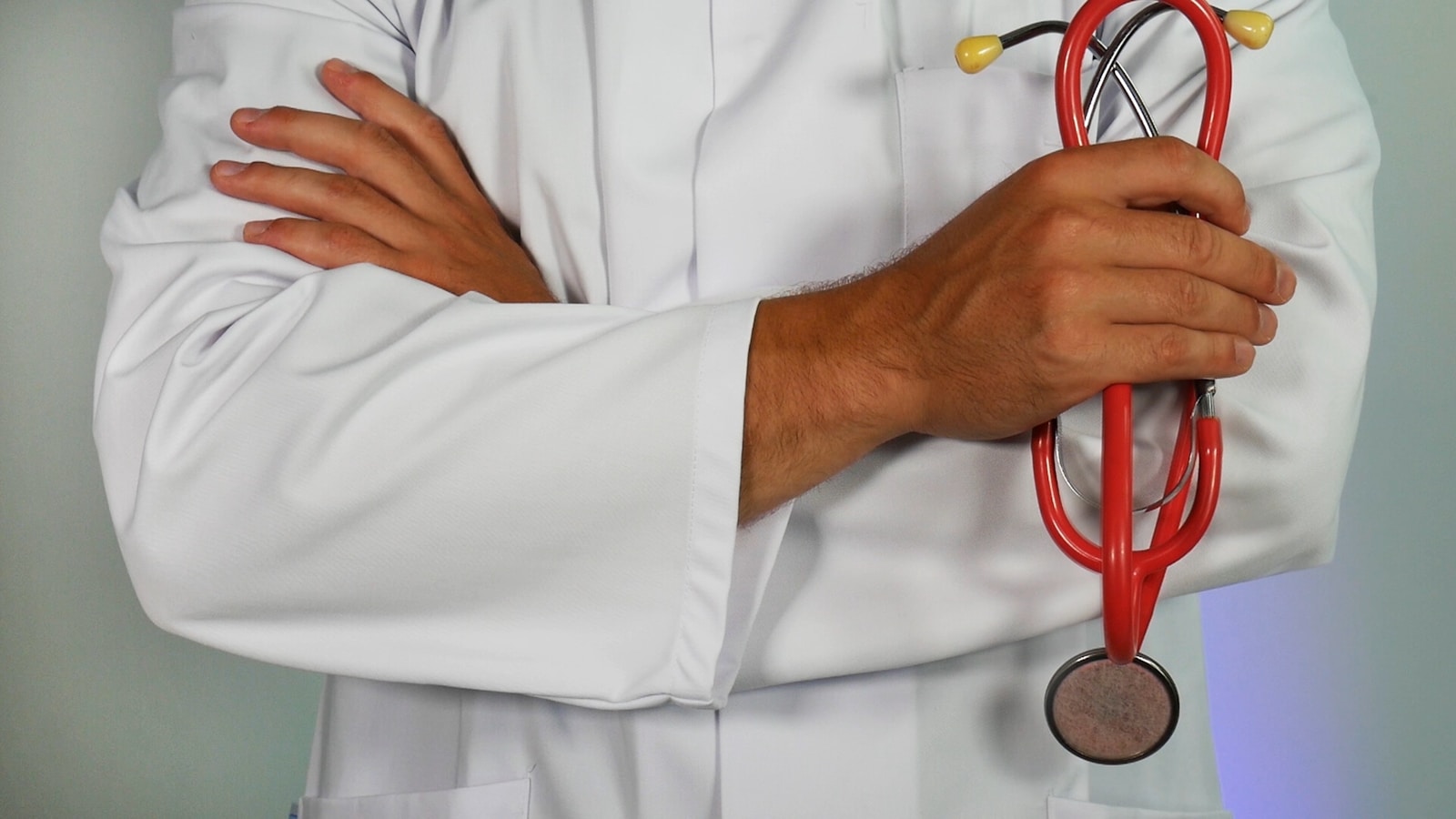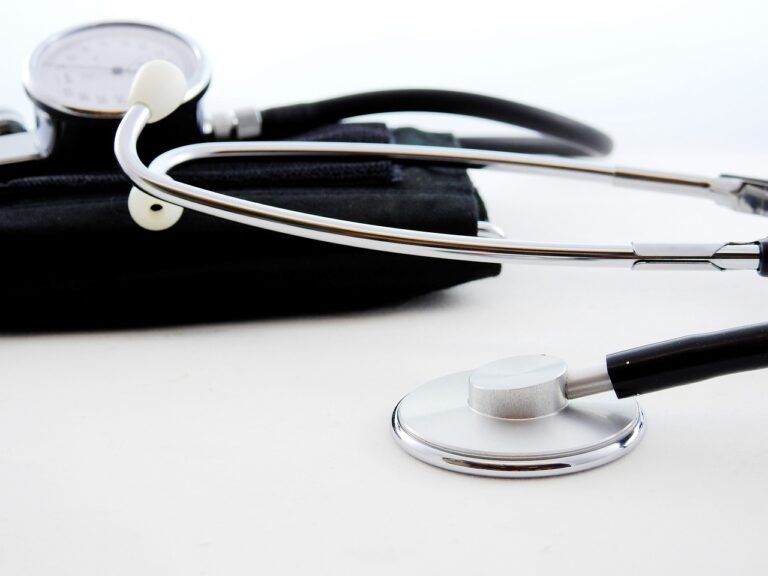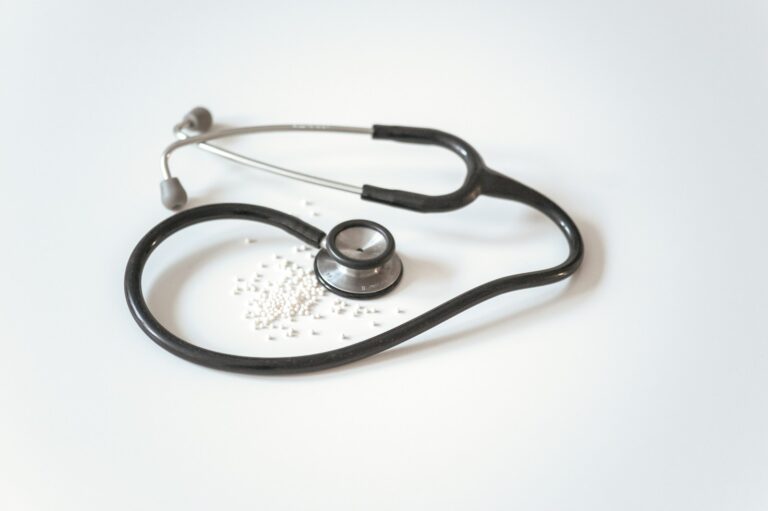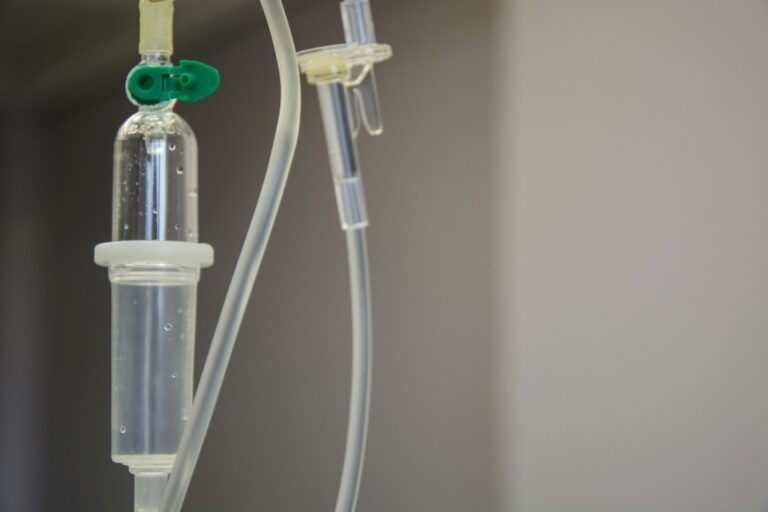A stroke can be life-changing, but with the right prevention strategies and recovery plan, you can take control of your health. Whether you’re looking to reduce your stroke risk or recover naturally after an event, proactive lifestyle changes can make all the difference. In this guide, we’ll explore effective ways to prevent strokes and support recovery through diet, exercise, and holistic wellness.
Understanding Stroke: Causes and Risk Factors
A stroke occurs when blood flow to the brain is interrupted due to a blockage (ischemic stroke) or a ruptured blood vessel (hemorrhagic stroke). Without oxygen-rich blood, brain cells begin to die, potentially leading to disability or even death.
Major Risk Factors for Stroke:
High Blood Pressure: The most significant contributor to strokes.
Diabetes: Uncontrolled blood sugar damages blood vessels.
High Cholesterol: Leads to plaque buildup in arteries.
Smoking & Excessive Alcohol Consumption: Both increase stroke risk.
Obesity & Poor Diet: Contributes to high blood pressure and heart disease.
Sedentary Lifestyle: Weakens cardiovascular health.
Atrial Fibrillation (AFib): Increases the risk of blood clots forming.
Stroke Prevention: Natural Strategies to Reduce Your Risk
While some risk factors, such as age and genetics, can’t be controlled, many lifestyle habits can help prevent strokes. Here’s what you can do:
1. Adopt a Heart-Healthy Diet
Eat leafy greens, berries, nuts, and seeds for antioxidants.
Choose whole grains over refined carbohydrates.
Include healthy fats like olive oil, avocados, and fatty fish.
Reduce processed foods, excessive salt, and sugar.
2. Stay Physically Active
Engage in 150 minutes of moderate exercise per week.
Perform aerobic activities like walking, cycling, or swimming.
Incorporate strength training to maintain muscle health.
Try yoga or tai chi to improve balance and reduce stress.
3. Maintain Healthy Blood Pressure
Reduce sodium and eat potassium-rich foods like bananas and spinach.
Stay hydrated and maintain a healthy weight.
Practice deep breathing and relaxation techniques.
4. Quit Smoking and Limit Alcohol
Smoking damages blood vessels and increases clotting risk.
Limit alcohol to moderate levels to prevent blood pressure spikes.
5. Manage Stress & Improve Sleep
Use mindfulness, meditation, or journaling to reduce stress levels.
Aim for 7-9 hours of sleep per night to support brain health.
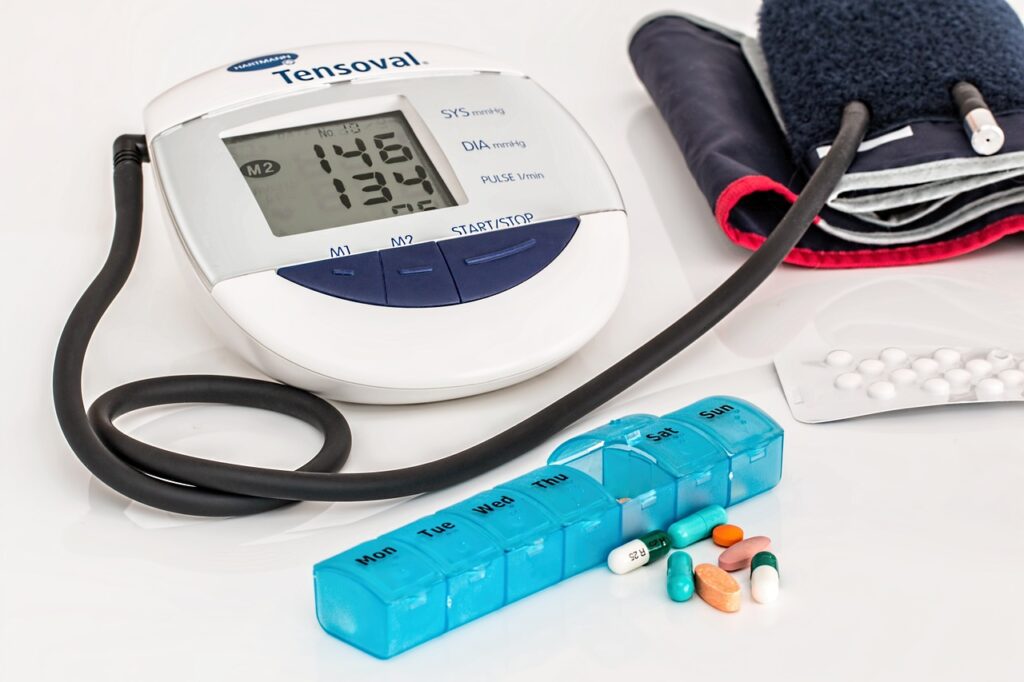
Stroke Recovery: Steps for Natural Healing
If you or a loved one has experienced a stroke, recovery is possible with the right approach. Here are natural ways to support healing:
1. Follow a Nutrient-Dense Diet
Eat anti-inflammatory foods like berries, nuts, and fatty fish.
Include B vitamins, magnesium, and omega-3s to support nerve repair.
Stay hydrated to aid circulation and brain function.
2. Engage in Physical & Occupational Therapy
Begin rehabilitation exercises early to improve mobility.
Try gentle stretching, yoga, or aquatic therapy.
Perform hand and arm exercises to restore coordination.
3. Support Cognitive & Emotional Recovery
Stimulate the brain with puzzles, reading, and memory games.
Engage in social activities to reduce isolation.
Keep a positive mindset and be patient with progress.
4. Consider Natural Supplements
Omega-3 Fatty Acids: Support brain repair and reduce inflammation.
Coenzyme Q10 (CoQ10): Boosts energy and heart health.
Magnesium: Helps with muscle function and blood pressure regulation.
Vitamin B12 & Folate: Supports nerve health and circulation.
Final Thoughts
Stroke prevention and recovery require a proactive approach. By maintaining a healthy lifestyle, managing key risk factors, and supporting recovery with proper nutrition and exercise, you can take control of your stroke risk and overall well-being.
Looking for natural supplements to support stroke prevention and recovery? Visit CardioForte4Life.com for high-quality, research-backed solutions!
Remember, you don’t need to overhaul your diet overnight. Start with small, manageable changes—like swapping white bread for whole grain or adding an extra serving of veggies to your dinner plate.
Complement your heart-healthy diet with supplements like CardioForLife Powder to fill in any nutritional gaps and support overall cardiovascular health.


